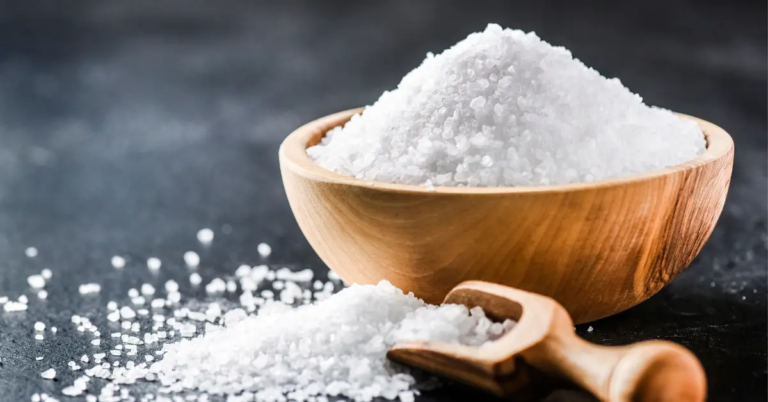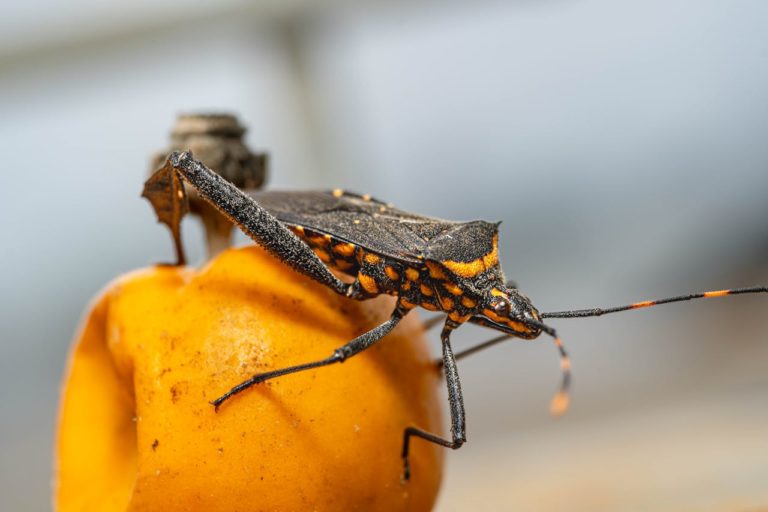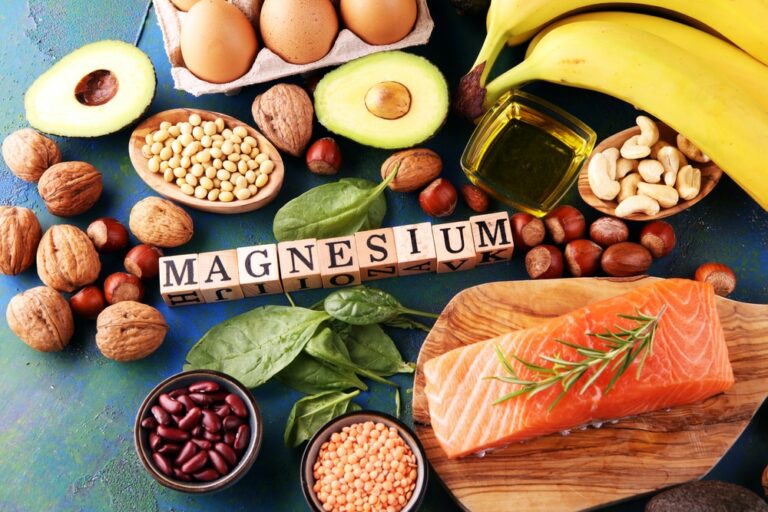In today’s fast-paced world, many individuals turn to diet sodas as a supposedly healthier alternative to their sugary counterparts. One such popular choice is Diet Coke, known for its sugar-free composition, mainly sweetened with aspartame. However, recent research has raised concerns about the potential health risks of consuming diet sodas, particularly Diet Coke.
A study published in Stroke revealed that individuals who drank diet soda daily were nearly three times more likely to experience stroke or dementia than those who rarely consumed it. The presence of aspartame, a common artificial sweetener in Diet Coke, has been a subject of intense scientific scrutiny, with studies linking it to various adverse health effects, including kidney damage. [1,2]
Diet Coke and Aspartame: Unraveling the Health Risks
This list unravels the alarming health risks associated with aspartame consumption, urging you to tread carefully in your quest for sugar-free indulgence.
1. Dental Dangers
One immediate effect of Diet Coke is its harmful impact on dental health. A study published in the British Dental Journal found that phosphoric acid in soft drinks is highly acidic and can harm tooth enamel, leading to dental erosion.[3]
Additionally, aspartame can trigger the taste receptors in your body, fooling it into believing it has processed sugar, which can also contribute to dental decay. [4]
2. Bittersweet Blood Sugar Battle
Aspartame is favored by people with obesity and type 2 diabetes for its low-calorie and blood glucose response benefits. However, the World Health Organization (WHO) has warned of undesirable effects from the long-term use of such artificial sweeteners, including an increased risk of type 2 diabetes, cardiovascular diseases, and mortality in adults. [5]
Studies suggest that aspartame may impair blood glucose tolerance, especially in those with obesity and type 2 diabetes, urging caution when relying on it as a sugar substitute. [6,7]
3. Sneaky Sweet Addiction
The combination of caffeine and aspartame in Diet Coke can create a short-lived addictive high similar to the effects of cocaine. Excitotoxins are released in the brain, potentially overstimulating neuroreceptors, especially with regular consumption.
Additionally, studies have shown that artificial sweeteners, like aspartame, may have an unintended impact on weight. A study by the American Cancer Society revealed that people who regularly used artificial sweeteners gained more weight compared to those who didn’t use them. This suggests that artificial sweeteners could potentially hinder weight management efforts, adding to the concerns associated with their consumption. [8,9]
4. The Brain and Mood Connection
According to a comprehensive 2017 study in Nutritional Neuroscience, aspartame has been linked to various behavioral and cognitive issues, including learning problems, headaches, irritable moods, anxiety, depression, and insomnia. Another study in the European Journal of Clinical Nutrition also reported that aspartame could lead to neurological and behavioral disturbances, particularly in sensitive individuals. [10,11]
Aspartame’s breakdown products may play a role in these effects, making cautious consumption important, especially for those prone to neurological sensitivities.
5. Cancer Concerns
Several studies have pointed to a potential link between the consumption of sweetened soft drinks, including those with aspartame, and an increased risk of hepatocellular carcinoma, a type of liver cancer. Research conducted in Europe and the US has revealed concerning associations, particularly among diabetic individuals. [12,13]
Moreover, an extensive study conducted in the US from 1982 to 2016 revealed a notable heightened risk of pancreatic cancer in both men and women who regularly consumed artificially sweetened beverages. [14]

Healthier Beverage Choices: Alternatives to Diet Sodas
In the quest for healthier lifestyle choices, one area often overlooked is our beverage intake. While diet sodas might seem like a good choice due to their low calorie content, they often contain artificial sweeteners and other ingredients that can have negative effects on our health.
Fortunately, there are numerous healthy alternatives that are not only devoid of these artificial sweeteners but also provide a host of nutritional benefits.
- Water: This is the most natural and healthiest beverage you can consume. Staying well-hydrated is important for every function of the body, from skin health to digestion. If plain water isn’t your thing, try infusing it with fruits or herbs like cucumber, mint, or berries.
- Herbal Tea: Teas such as chamomile, peppermint, and rooibos have no caffeine and can be enjoyed hot or cold. They offer hydration and have various health benefits depending on the herb, like calming effects or digestive support.
- Green Tea: Packed with antioxidants, green tea has been linked with many health benefits, from heart health to weight loss. Be mindful of the caffeine content, though it’s typically less than in coffee.
- Black Coffee: Without added sugar or cream, coffee can be a low-calorie beverage that also provides a mild stimulant effect from the caffeine. Try to limit your intake, as excessive caffeine can have negative health effects.
- Sparkling Water: This is a great alternative if you miss the carbonation of diet sodas. Some brands offer natural flavors with no added sugars or sweeteners.
- Vegetable Juice: This can be a good way to increase your vegetable intake, but be aware that some premade vegetable juices can have added sugars. Making your own at home can be a good alternative.
- Kombucha: This fermented tea drink contains healthy probiotics, but it does have a small amount of naturally occurring alcohol and sugars due to the fermentation process. Some brands also add sugars after fermentation, so read the label before you buy.
- Coconut Water: Naturally sweet and loaded with electrolytes, coconut water is a good alternative to sugary sports drinks. But like with all things, moderation is key as it does contain natural sugars.
- Smoothies: Homemade smoothies can be an excellent way to get a wide variety of fruits and vegetables in your diet. Be mindful of the fruit to vegetable ratio to keep sugar levels down, and avoid adding sugar or other sweeteners.
- Unsweetened Almond Milk: This can be a good low-calorie, non-dairy option. It’s also often fortified with vitamins and minerals.
- Unsweetened Iced Tea: Like hot tea, iced tea can be a great low-calorie option if you don’t add sugar. You can experiment with a variety of teas like green, black, and herbal.
Remember that while these drinks are healthier alternatives, most of your liquid intake should still come from water. Additionally, these drinks should not be used to replace whole foods, which are a more nutritionally complete source of vitamins and minerals.
My Personal RX: A Doctor’s Recommendations for Optimal Health
As a medical professional, I am deeply invested in the well-being of my patients. I understand that making significant lifestyle changes can be daunting, but I firmly believe in the transformative power of healthy habits.

The following are some recommendations I routinely give to patients. They are designed to help you maintain a balanced diet, manage stress, and live a more fulfilling life, all while eliminating harmful artificial sweeteners:
- Maintain a Healthy, Balanced Diet: Try to eat a variety of foods from all the food groups to ensure your body gets the nutrients it needs. Include lots of fruits, vegetables, whole grains, lean proteins, and healthy fats in your meals.
- Regular Exercise: Incorporate physical activity into your daily routine. Whether it’s a brisk walk, a jog, a yoga class, or a workout at the gym, regular exercise can help you stay fit, reduce stress, and improve your overall health.
- Spend Time in Nature: Being outdoors can be incredibly therapeutic and a great way to reduce stress. Take the time to enjoy the beauty around you, whether it’s a walk in the park, a hike in the woods, or simply spending time in your backyard.
- Eliminate Artificial Sweeteners: Instead of using chemical sweeteners like aspartame, consider natural alternatives like monk fruit sugar. They provide the sweetness you desire without the potential health risks associated with artificial sweeteners.
- Download My Protocol eBook: This is a free, comprehensive, 50-page guide designed to help you make significant changes to your health and life. It provides step-by-step instructions and practical tips to help you adopt healthier habits.
- Add Natural Supplements to Your Routine: Packed with 16 organic berries, vegetables, and greens, my Super Greens provides a powerhouse of antioxidants and nutrient-rich superfoods. Including this in your daily routine can help boost your nutrient intake and overall health.
While Diet Coke may appear to be a guilt-free refreshment, the presence of aspartame raises significant concerns about its impact on health. To safeguard your well-being, consider adopting preventive measures and reducing your consumption of Diet Coke and other artificially sweetened beverages. By prioritizing your health and making informed choices, you can make strides toward a healthier and more balanced lifestyle.
References:
- Pase, M. P., Himali, J. J., Beiser, A., Aparicio, H. J., Satizabal, C. L., Vasan, R. S., Seshadri, S., & Jacques, P. F. (2017). Sugar- and artificially sweetened beverages and the risks of incident stroke and dementia. Stroke, 48(5), 1139–1146. https://doi.org/10.1161/strokeaha.116.016027
- Nephrotoxic Effect of Aspartame as an Artificial Sweetener: a Brief Review. (2017, October 1). PubMed. https://pubmed.ncbi.nlm.nih.gov/29038387/
- Rock, W. P. (2006). Dental erosion: from diagnosis to therapy. British Dental Journal, 201(9), 602. https://doi.org/10.1038/sj.bdj.4814216
- Maillet, E., Cui, M., Jiang, P., Mezei, M., Hecht, E. S., Quijada, J., Margolskee, R. F., Osman, R., & Max, M. (2015). Characterization of the binding site of aspartame in the human sweet taste receptor. Chemical Senses, 40(8), 577–586. https://doi.org/10.1093/chemse/bjv045
- Guidelines Review Committee. (2023). Use of non-sugar sweeteners: WHO guideline. www.who.int. https://www.who.int/publications/i/item/9789240073616
- Kuk, J. L., & Brown, R. E. (2016). Aspartame intake is associated with greater glucose intolerance in individuals with obesity. Applied Physiology, Nutrition, and Metabolism, 41(7), 795–798. https://doi.org/10.1139/apnm-2015-0675
- Choudhary, A. K. (2018). Aspartame: Should Individuals with Type II Diabetes be Taking it? Current Diabetes Reviews, 14(4), 350–362. https://doi.org/10.2174/1573399813666170601093336
- Tordoff, M. G., & Alleva, A. M. (1990). Oral stimulation with aspartame increases hunger. Physiology & Behavior, 47(3), 555–559. https://doi.org/10.1016/0031-9384(90)90126-o
- Gain weight by “going diet?” Artificial sweeteners and the neurobiology of sugar cravings: Neuroscience 2010. (2010, June 1). PubMed. https://pubmed.ncbi.nlm.nih.gov/20589192/
- Choudhary, A. K., & Lee, Y. Y. (2017). Neurophysiological symptoms and aspartame: What is the connection? Nutritional Neuroscience, 21(5), 306–316. https://doi.org/10.1080/1028415x.2017.1288340
- Onaolapo, A. Y., Onaolapo, O. J., & Nwoha, P. (2017). Aspartame and the hippocampus: Revealing a bi-directional, dose/time-dependent behavioural and morphological shift in mice. Neurobiology of Learning and Memory, 139, 76–88. https://doi.org/10.1016/j.nlm.2016.12.021
- Stepien, M., Duarte-Salles, T., Fedirko, V., Trichopoulou, A., Lagiou, P., Bamia, C., Overvad, K., Tjønneland, A., Hansen, L., Boutron-Ruault, M. C., Fagherazzi, G., Severi, G., Kühn, T., Kaaks, R., Aleksandrova, K., Boeing, H., Klinaki, E., Palli, D., Grioni, S., . . . Jenab, M. (2014). Consumption of soft drinks and juices and risk of liver and biliary tract cancers in a European cohort. European Journal of Nutrition, 55(1), 7–20. https://doi.org/10.1007/s00394-014-0818-5
- Jones, G. S., Graubard, B. I., Ramirez, Y., Liao, L. M., Huang, W., Alvarez, C. S., Yang, W., Zhang, X., Petrick, J. L., & McGlynn, K. A. (2022). Sweetened beverage consumption and risk of liver cancer by diabetes status: A pooled analysis. Cancer Epidemiology, 79, 102201. https://doi.org/10.1016/j.canep.2022.102201
- McCullough, M. L., Hodge, R. A., Campbell, P. T., Guinter, M. A., & Patel, A. V. (2022). Sugar- and Artificially-Sweetened beverages and cancer mortality in a large U.S. prospective cohort. Cancer Epidemiology, Biomarkers & Prevention, 31(10), 1907–1918. https://doi.org/10.1158/1055-9965.epi-22-0392





















